|Dr Jane Brooks, Senior Lecturer at the University of Manchester (UK)|
The digitisation of Historic Nursing Journals by Gale has created a dynamic and valuable resource for historians of nursing in the UK and beyond. I have been working in the field of nursing history for over twenty years. In 2010, I began researching nursing in the Second World War. I predominantly work with personal testimony such as oral history, letters and diaries. However, as well as these source materials usually located in public archives, I have used multiple types of entries in nursing journals, most frequently Nursing Times. I live in Yorkshire, the Royal College of Nursing headquarters library is in London and the archives are in Edinburgh, so every time I wanted to conduct any research using Nursing Times I had to travel to review the hard copies. If I needed to check a reference, I again had to make a journey or request one of the very busy archive staff check for me.

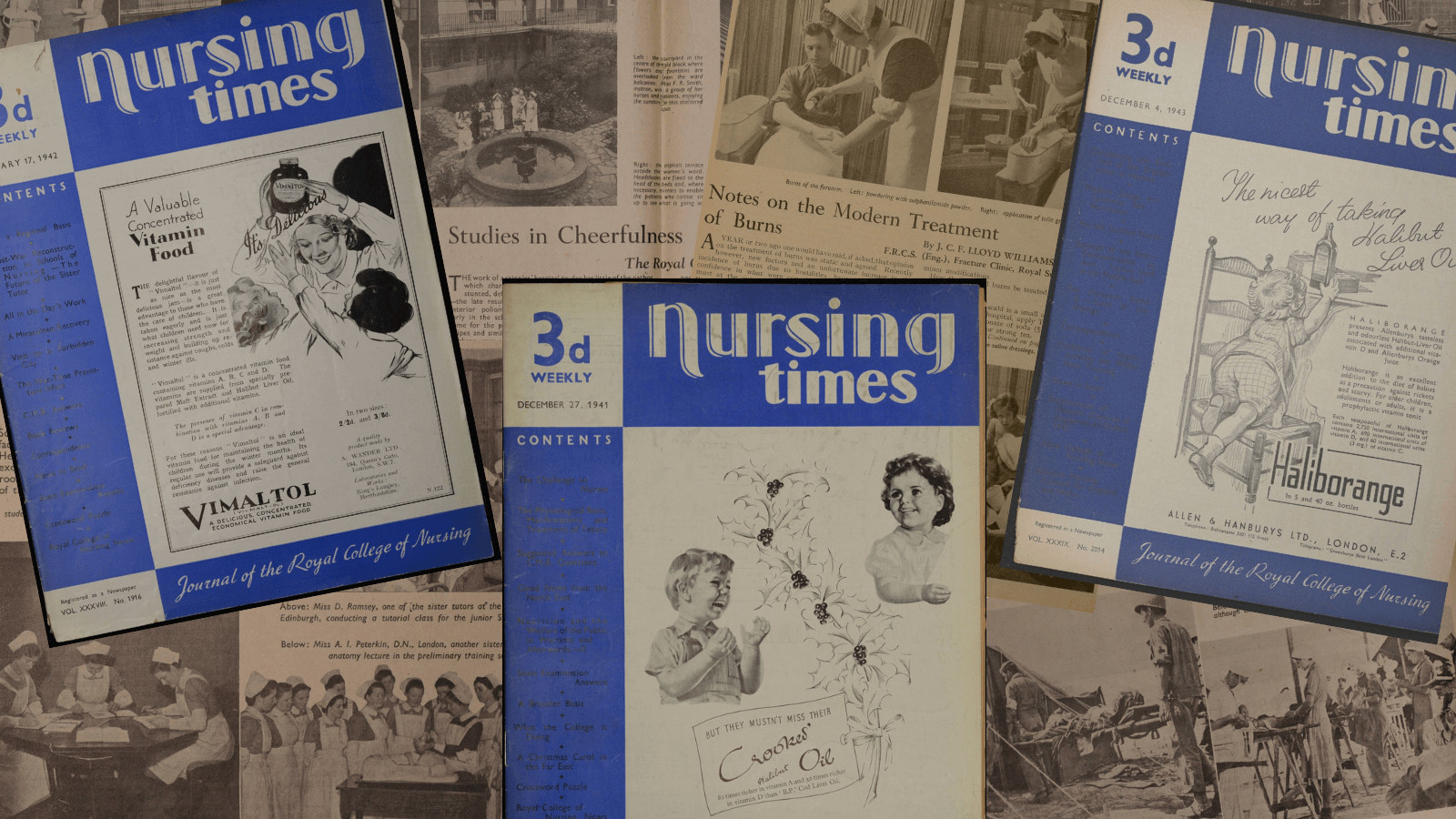
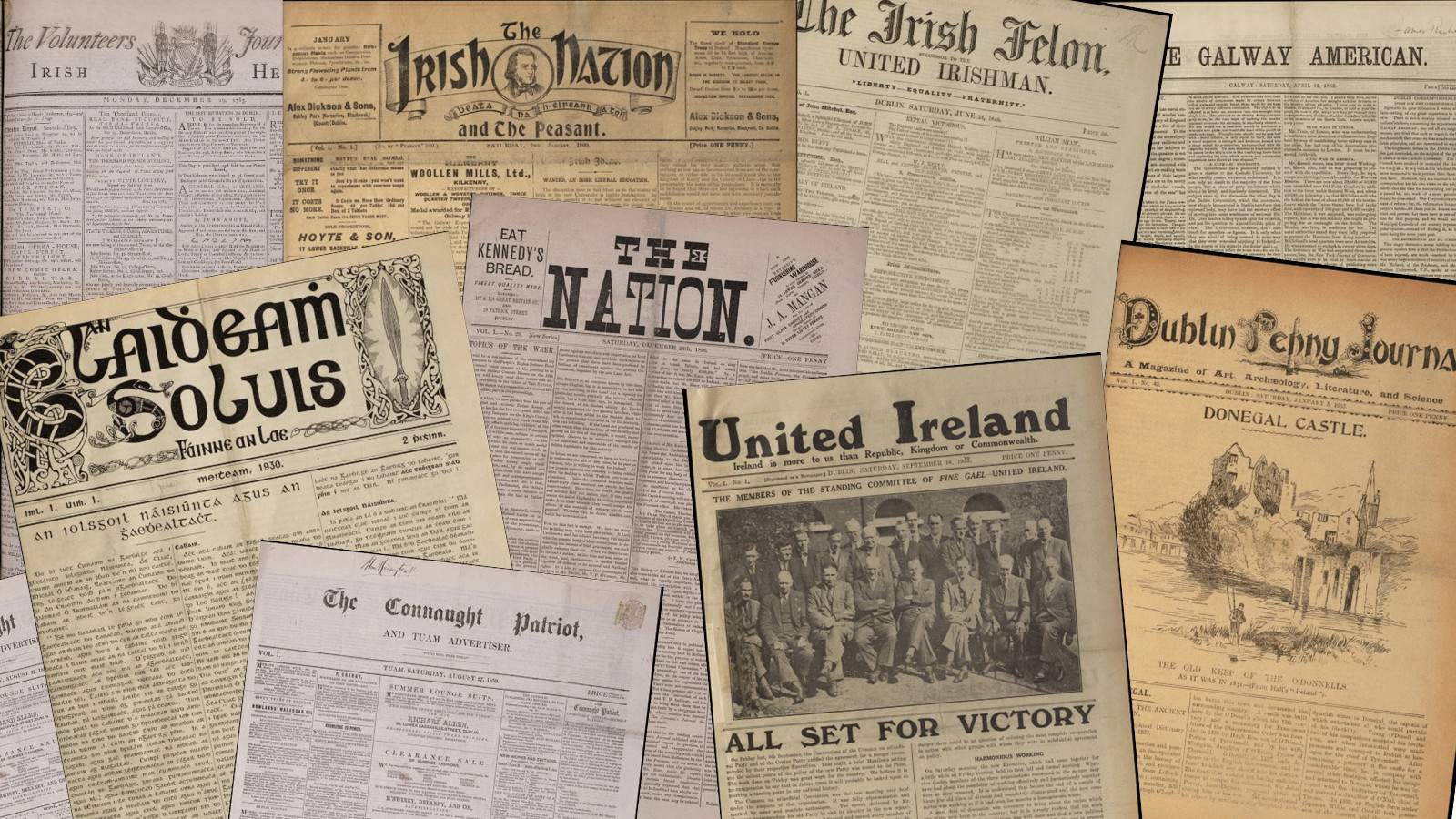
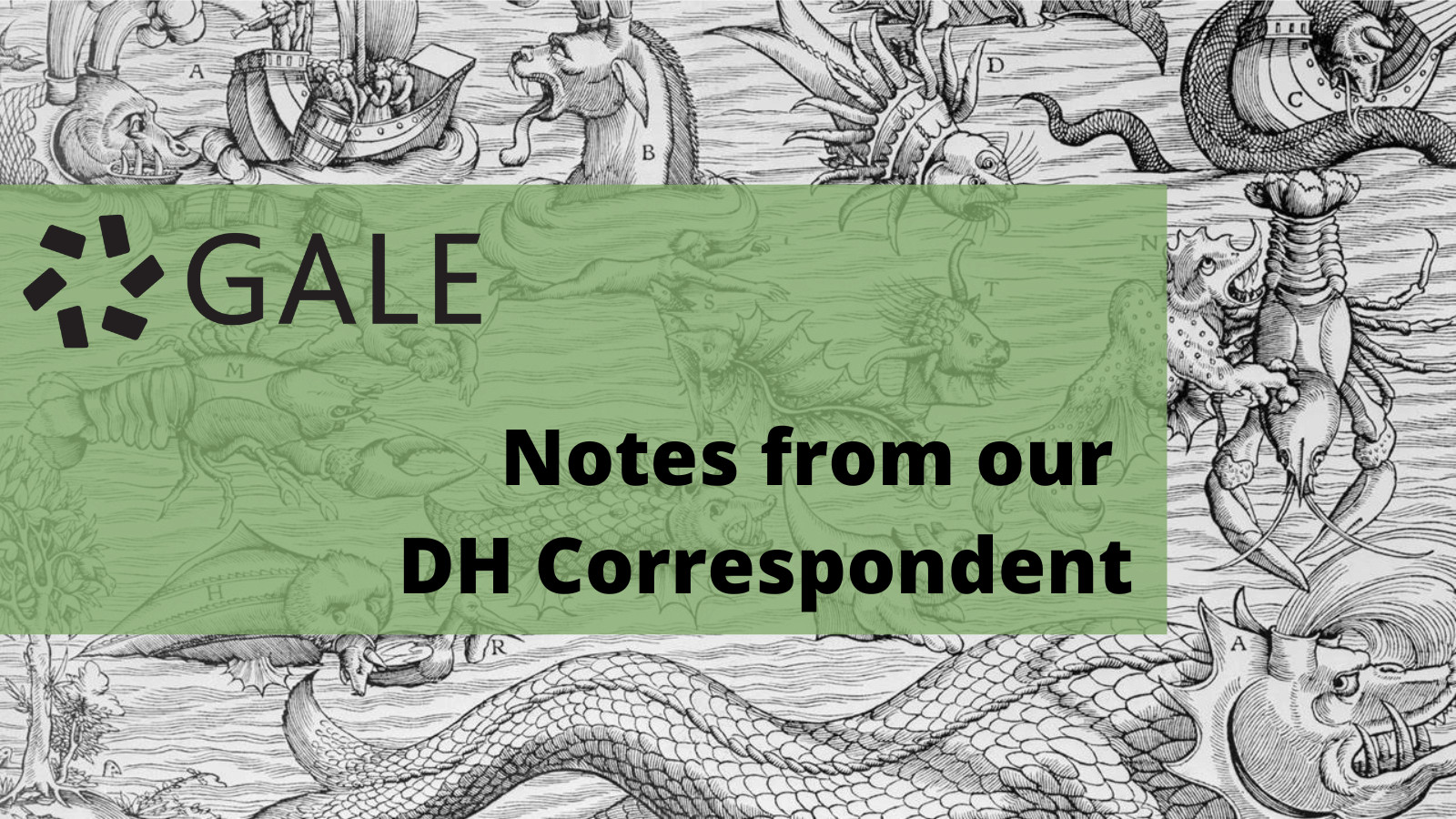

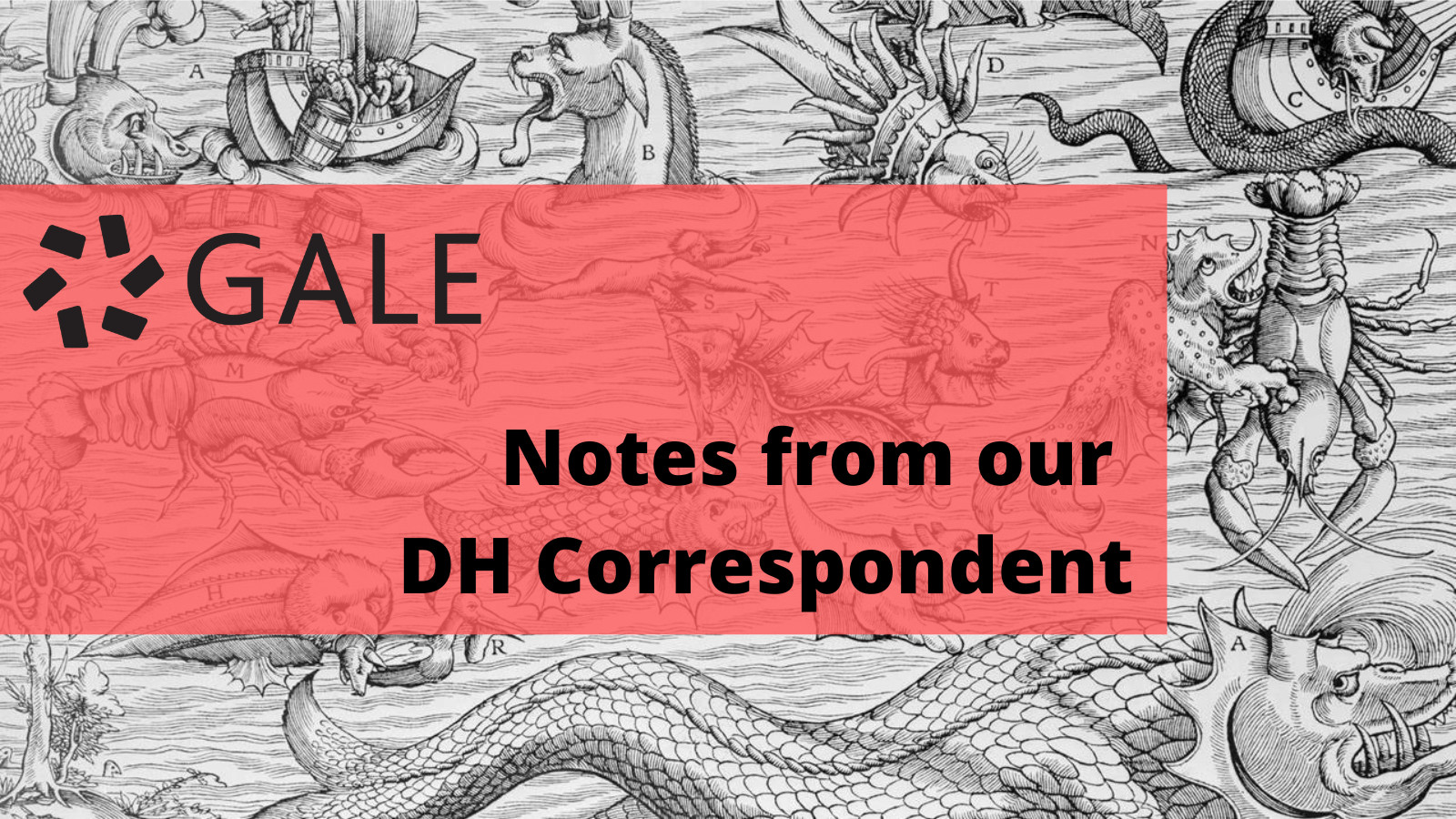


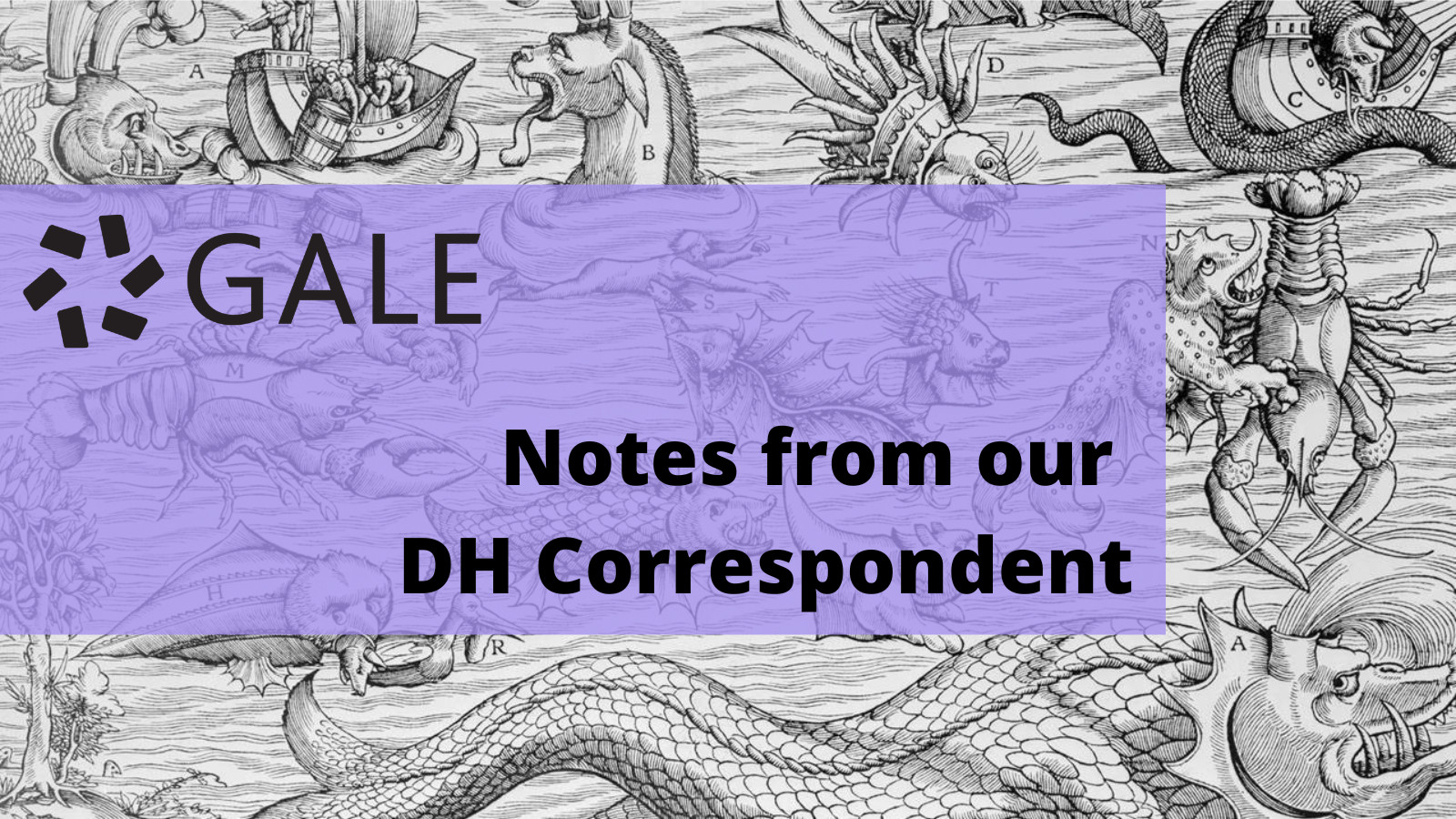
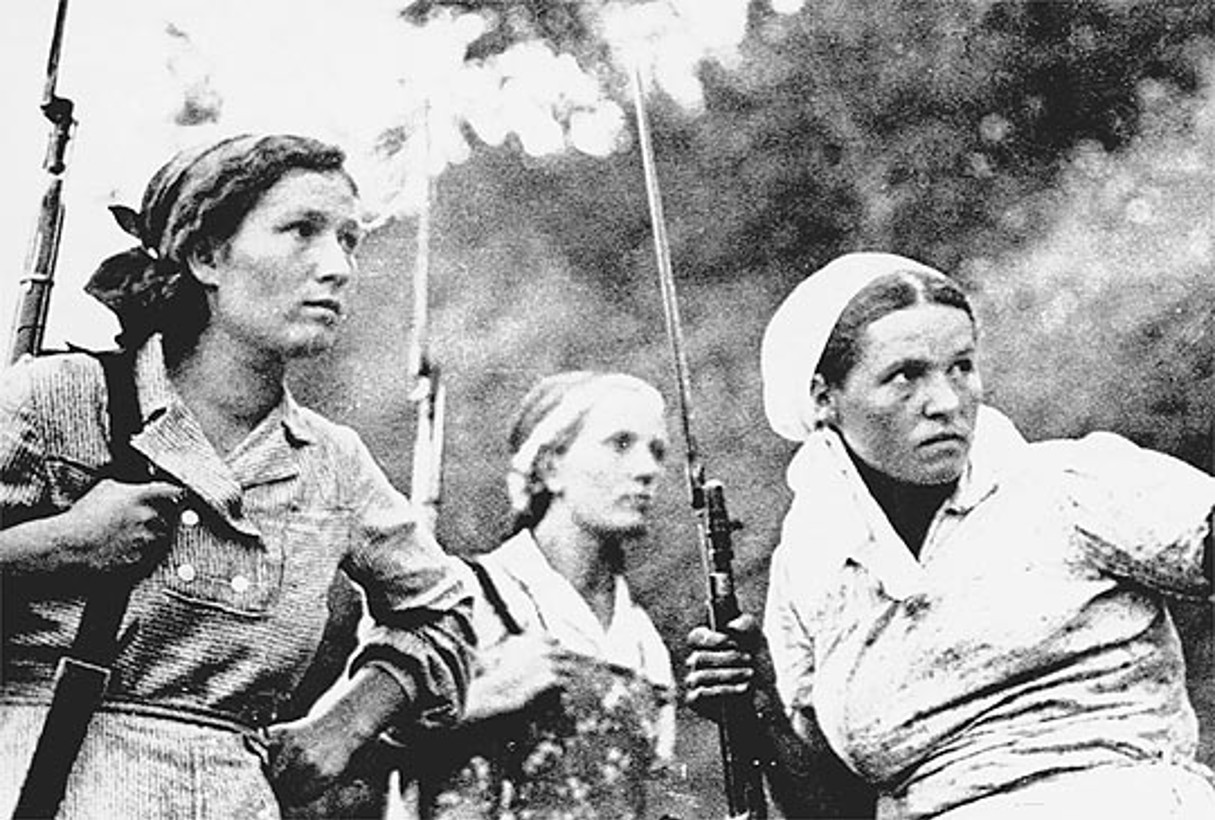
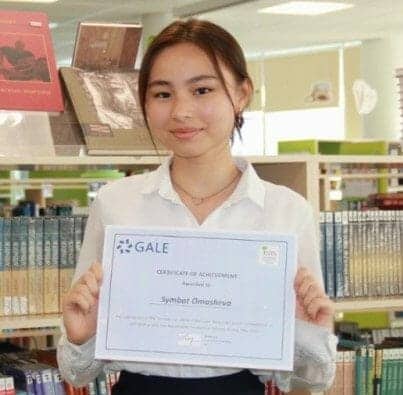 In Spring 2022, Gale ran a competition with Nazarbayev Intellectual Schools, Kazakhstan, which gave students at schools within the group the chance to research and write about a topic of interest – with the two top entries published on The Gale Review! Below is the runner up entry, a superb piece by Year 11 student Symbat Omasheva.
In Spring 2022, Gale ran a competition with Nazarbayev Intellectual Schools, Kazakhstan, which gave students at schools within the group the chance to research and write about a topic of interest – with the two top entries published on The Gale Review! Below is the runner up entry, a superb piece by Year 11 student Symbat Omasheva.
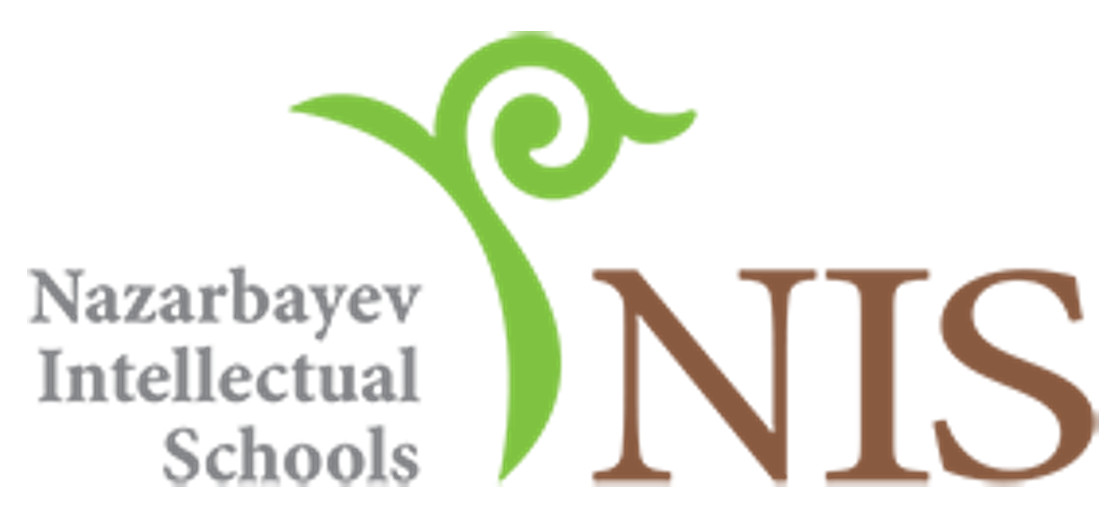 The schools within the Nazarbayev Intellectual Schools group have access to the
The schools within the Nazarbayev Intellectual Schools group have access to the 